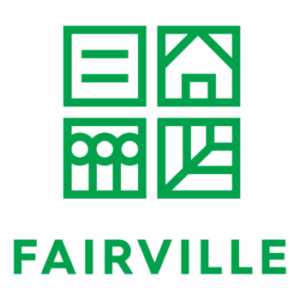(FAIRVILLE) Facing Inequalities and democratic challenges through
Co-production in Cities
 Project funded by European Union – Horizon Europe Programme
Project funded by European Union – Horizon Europe Programme
Grant Agreement n. 101094991
Duration: 48 months
Start date: 01/01/2023
The project official website
If the link between inequalities and declining levels of trust in the political institutions of democracy in Europe has already been shown, the various ways in which both citizens and institutions are trying to face these inequalities and (re)build a sustainable common future remain somewhat under-documented. Indeed, this lacuna becomes even more pronounced when one considers those attempts that go beyond conventional forms of state-led participation.
Responding to this gap, the aim of Fairville is to both document and propose pilot models of urban intervention that engage local academics, authorities, community-based organisations, residents and users in the collective improvement of deprived urban neighbourhoods, via a deepening of resident and user participation in new and existing democratic processes. The idea that urban policies should not be made “for” populations but rather “with” them is a potentially profound engine of social transformation and empowerment. However, the realisation of such co-production processes is often marked by epistemic inequalities and unequal power relations.
Cognisant of this issue, the Fairville pilot cases (in Belgium, Egypt, France, Germany, Greece, United Kingdom, Romania, Senegal) all place an emphasis on exploring the ways in which academic researchers, local communities and local authority representatives can work together to reduce the power and information asymmetries that exist between them. Clustered around three major themes – environmental inequalities, inequalities related to housing and urban planning and inequalities related to climate risks – and ranging from co-diagnosis to co-planning and intervention, the pilots will be carried out as action research and include the implementation of observation, capitalisation and co-evaluation mechanisms. The results of these pilot cases will be widely disseminated to the institutions and citizens concerned, to encourage policy transfer and outreach.
The Fairville project, coordinated by the CNRS (Centre national de la recherche scientifique – France), involves 12 beneficiaries and a further 6 other participants, who together are based in Belgium, Egypt, France, Germany, Greece, Italy, the United Kingdom, Romania, Senegal.
K&I is responsible for Work Package 1: “Data collection for inequalities’ impact analysis on political participation and democratic quality”.
